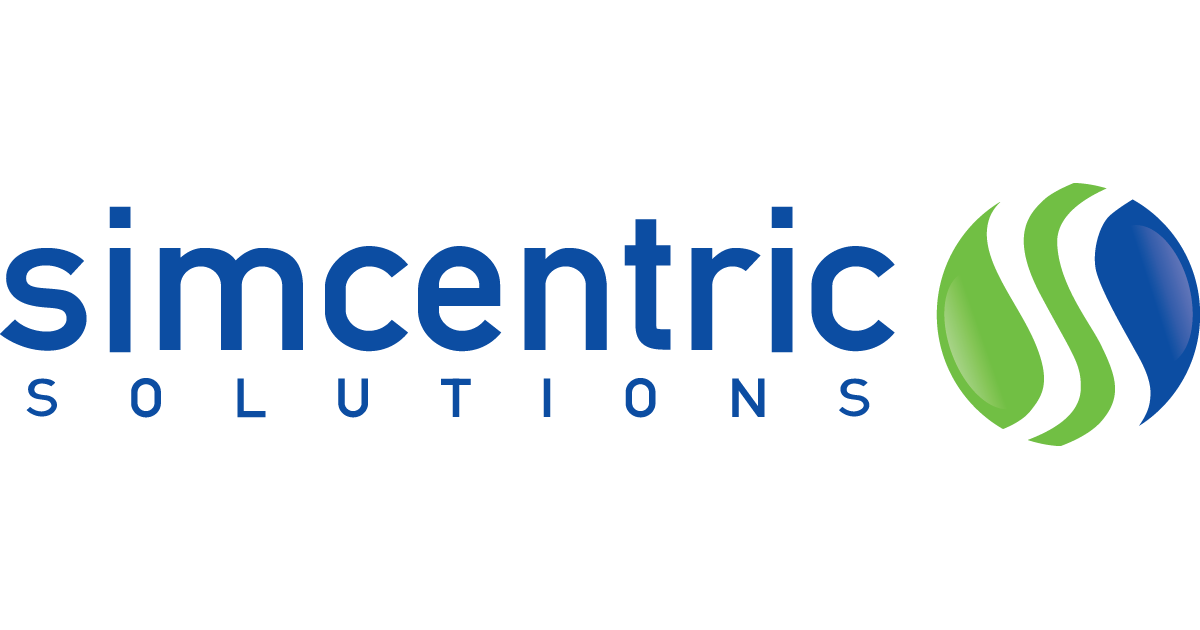In the realm of cloud computing and virtualization, bare metal servers stand out as a distinct and powerful solution. Unlike traditional virtual servers, bare metal servers offer unique advantages and capabilities that cater to specific use cases and requirements. This article explores the concept of bare metal servers their benefits, and their significance in modern IT infrastructure.
Understanding Bare Metal Servers
A bare metal server, also known as a dedicated server or physical server, is a single-tenant hosting solution where an entire physical server is dedicated to a single customer. Unlike virtual servers that run on a hypervisor layer, bare metal servers operate directly on the underlying hardware without virtualization overhead. This means that users have full control and access to the server's resources, including CPU, memory, storage, and networking.
Advantages of Bare Metal Servers
1. Performance: Bare metal servers offer superior performance compared to virtualized environments. With direct access to hardware resources, there is no overhead from virtualization layers, resulting in better performance for compute-intensive workloads, high-frequency trading, gaming servers, and other latency-sensitive applications.
2. Customization: Users have complete control over the server's configuration and environment. This allows for greater flexibility in customizing hardware specifications, operating systems, software stack, and network settings according to specific requirements and preferences.
3. Security: Bare metal servers provide enhanced security and isolation compared to shared hosting or virtual servers. Since there are no other tenants on the same physical hardware, the risk of security breaches or unauthorized access is significantly reduced, making them ideal for sensitive workloads and compliance-sensitive industries.
4. Predictable Performance: With dedicated resources, users can expect consistent and predictable performance levels without the performance fluctuations often associated with virtualized environments. This makes bare metal servers suitable for applications that require stable and reliable performance over time.
5. Scalability: Despite being dedicated servers, bare metal solutions offer scalability options to accommodate changing business needs. Users can easily add or remove servers, upgrade hardware components, or adjust resources to scale up or down as required, providing flexibility for dynamic workloads.
Use Cases and Applications
Bare metal servers are well-suited for a wide range of use cases and applications, including:
• High-performance computing (HPC): Scientific research, financial modeling, and simulation workloads that demand maximum compute power and low-latency performance.
• Big data and analytics: Data-intensive applications, such as data warehousing, machine learning, and real-time analytics, benefit from the high-throughput capabilities and dedicated resources of bare metal servers.
• Enterprise applications: Business-critical applications, databases, ERP systems, and collaboration platforms that require reliability, security, and scalability can leverage the performance advantages of bare metal servers.
• Gaming and content delivery: Gaming servers, streaming platforms, and content delivery networks (CDNs) rely on the high-performance, low-latency nature of bare metal servers to deliver seamless user experiences.
Conclusion
Bare metal servers represent a compelling alternative to virtualized environments, offering unparalleled performance, customization, security, and scalability. With their unique advantages, bare metal servers continue to play a
https://www.simcentric.com/sc/network/cn2-direct-china/In the realm of cloud computing and virtualization, bare metal servers stand out as a distinct and powerful solution. Unlike traditional virtual servers, bare metal servers offer unique advantages and capabilities that cater to specific use cases and requirements. This article explores the concept of bare metal servers their benefits, and their significance in modern IT infrastructure.
Understanding Bare Metal Servers
A bare metal server, also known as a dedicated server or physical server, is a single-tenant hosting solution where an entire physical server is dedicated to a single customer. Unlike virtual servers that run on a hypervisor layer, bare metal servers operate directly on the underlying hardware without virtualization overhead. This means that users have full control and access to the server's resources, including CPU, memory, storage, and networking.
Advantages of Bare Metal Servers
1. Performance: Bare metal servers offer superior performance compared to virtualized environments. With direct access to hardware resources, there is no overhead from virtualization layers, resulting in better performance for compute-intensive workloads, high-frequency trading, gaming servers, and other latency-sensitive applications.
2. Customization: Users have complete control over the server's configuration and environment. This allows for greater flexibility in customizing hardware specifications, operating systems, software stack, and network settings according to specific requirements and preferences.
3. Security: Bare metal servers provide enhanced security and isolation compared to shared hosting or virtual servers. Since there are no other tenants on the same physical hardware, the risk of security breaches or unauthorized access is significantly reduced, making them ideal for sensitive workloads and compliance-sensitive industries.
4. Predictable Performance: With dedicated resources, users can expect consistent and predictable performance levels without the performance fluctuations often associated with virtualized environments. This makes bare metal servers suitable for applications that require stable and reliable performance over time.
5. Scalability: Despite being dedicated servers, bare metal solutions offer scalability options to accommodate changing business needs. Users can easily add or remove servers, upgrade hardware components, or adjust resources to scale up or down as required, providing flexibility for dynamic workloads.
Use Cases and Applications
Bare metal servers are well-suited for a wide range of use cases and applications, including:
• High-performance computing (HPC): Scientific research, financial modeling, and simulation workloads that demand maximum compute power and low-latency performance.
• Big data and analytics: Data-intensive applications, such as data warehousing, machine learning, and real-time analytics, benefit from the high-throughput capabilities and dedicated resources of bare metal servers.
• Enterprise applications: Business-critical applications, databases, ERP systems, and collaboration platforms that require reliability, security, and scalability can leverage the performance advantages of bare metal servers.
• Gaming and content delivery: Gaming servers, streaming platforms, and content delivery networks (CDNs) rely on the high-performance, low-latency nature of bare metal servers to deliver seamless user experiences.
Conclusion
Bare metal servers represent a compelling alternative to virtualized environments, offering unparalleled performance, customization, security, and scalability. With their unique advantages, bare metal servers continue to play a
https://www.simcentric.com/sc/network/cn2-direct-china/






